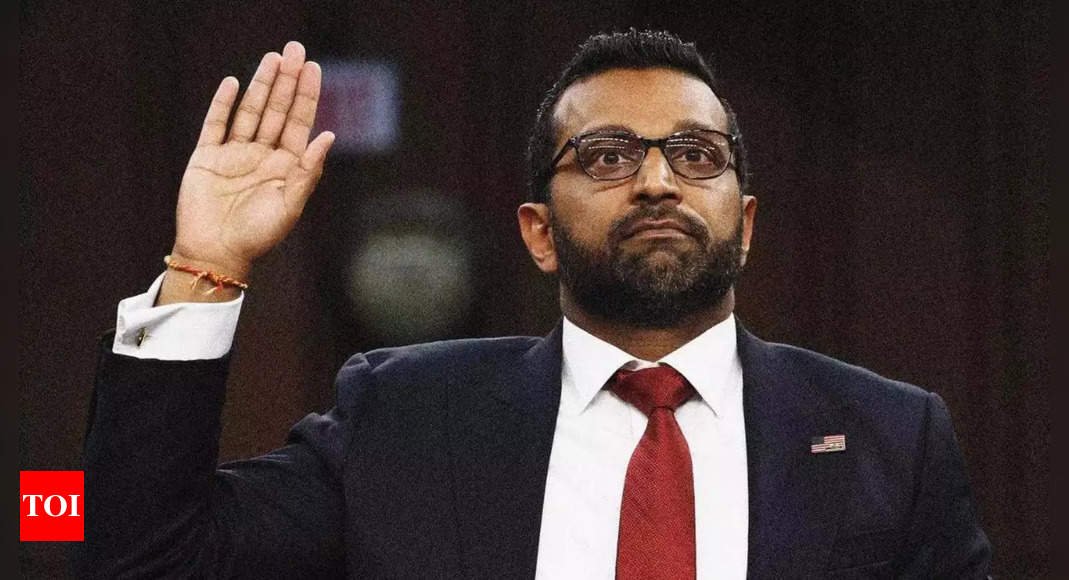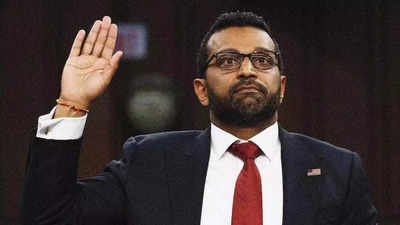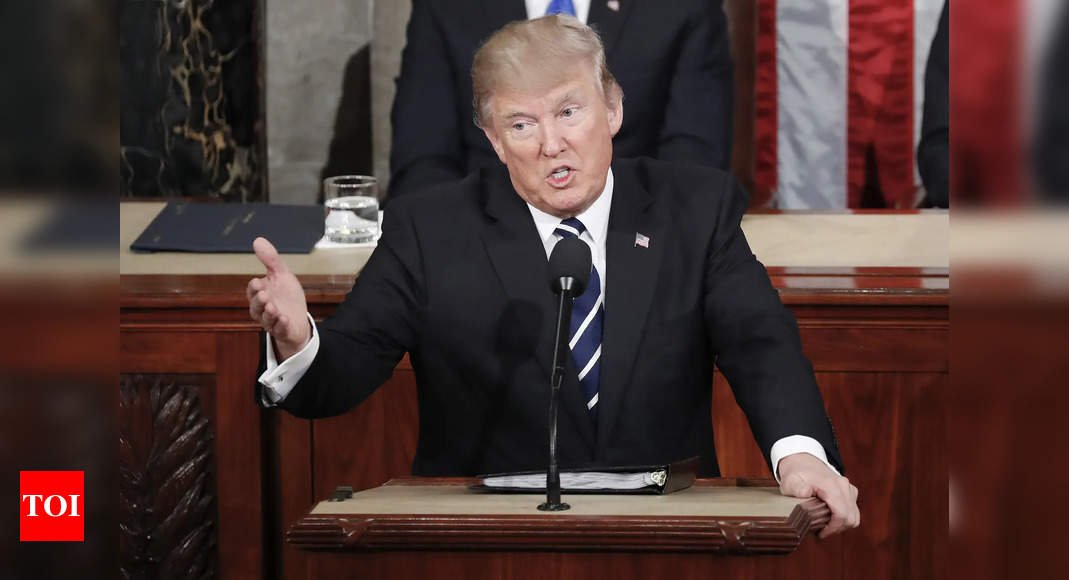Kashyap Pramod Vinod Patel—widely recognized as Kash Patel—has etched his name in history, not for the ordinary, but for an extraordinary ascent to the helm of the Federal Bureau of Investigation (FBI). His appointment as the bureau’s director has become a subject of national discussion. The FBI, entrusted with safeguarding national security, combating crime, and conducting intelligence operations, requires a leader capable of navigating the intricate intersections of law enforcement, counterterrorism, and political dynamics. Patel, with his expertise in legal affairs, national security strategy, and high-stakes policymaking, embodies this rare combination.
What does it take to become the chief of the FBI? Aspirants who seek to climb to that position must understand the qualifications and path required to reach the top. Here is a detailed look at the academic credentials and other prerequisites essential for this role.
The educational bedrock: Law and national security
Leadership within the FBI demands an ironclad academic foundation, and Patel’s credentials exemplify the intersection of legal expertise and national security.
After graduating from Garden City High School, Patel earned a Bachelor of Arts in History and Criminal Justice from the University of Richmond in 2002. His pursuit of excellence took an international turn with a certificate in International Law from University College London in 2004. He then secured his Juris Doctor at Pace University School of Law in 2005. While his path diverged from the standard FBI trajectory, Patel’s legal acumen and policy expertise granted him unique access to the highest levels of intelligence and counterterrorism strategy.
FBI Director: What are the criteria?
While Patel’s ascent is exceptional, the road to becoming the FBI Director is paved with rigorous eligibility requirements. Candidates must meet stringent criteria as mentioned on the official website:
- US citizenship
- A spotless public record with no felony convictions
- Strict adherence to the FBI’s drug policies
- A thorough background investigation and polygraph examination
- Up-to-date federal, state, and local tax filings
- Compliance with court-ordered child support obligations
- No affiliations with organizations seeking to overthrow the US government
- Selective Service registration (for males only)
Opportunities for veterans and individuals with disabilities
The FBI actively seeks military service members and veterans, offering Veterans’ Preference in the hiring process. Additionally, individuals with disabilities are recruited across various roles, recognizing their problem-solving skills and adaptability as vital assets to the agency.
The FBI hiring process: A meticulous gauntlet
For those aspiring to ascend the FBI ranks—and perhaps one day lead the agency—the hiring process is exhaustive and multifaceted:
- Eligibility and qualifications review: Initial applications undergo scrutiny by HR specialists.
- Interview and testing: Candidates face rigorous interviews and, in some cases, additional assessments.
- Conditional job offer: Successful applicants receive a provisional offer.
- Background Investigation (BI): A comprehensive review, including a polygraph test, determines security clearance eligibility.
- Final job offer: Candidates who pass the investigation receive formal employment offers.
- Entrance on Duty (EOD) date scheduled: New hires attend orientation, and select roles require training at the FBI Academy in Quantico, Virginia.
Lessons from Patel’s Rise
Though there is no single path to becoming the FBI Director, Patel’s career offers invaluable insights for those seeking leadership in law enforcement and intelligence:
Academic and legal mastery
A background in criminal justice, law, or national security serves as a strong foundation. Many FBI leaders possess legal or military expertise, emphasizing the importance of analytical thinking and strategic decision-making.
Experience beyond law enforcement
While many FBI Directors rise through law enforcement or intelligence ranks, Patel’s journey underscores that expertise in policy, counterterrorism, and legal affairs can be equally valuable.
National security and counterterrorism expertise
The FBI’s mission revolves around neutralizing threats. Those aspiring to lead the agency must develop a deep understanding of evolving national security concerns.
Political and strategic acumen
Despite the FBI’s operational independence, high-ranking roles require navigating political landscapes while maintaining institutional integrity.
The courage to challenge norms
Patel’s ascent was anything but traditional. Future leaders must embrace controversy, make high-stakes decisions, and handle public scrutiny with poise.









